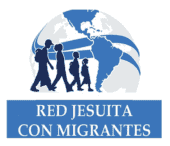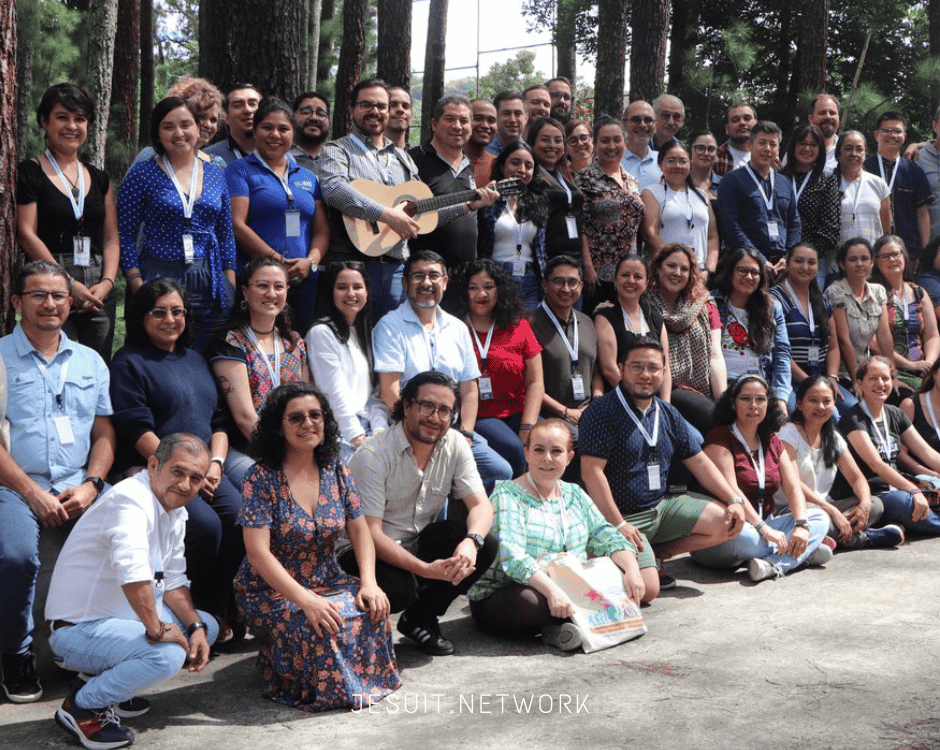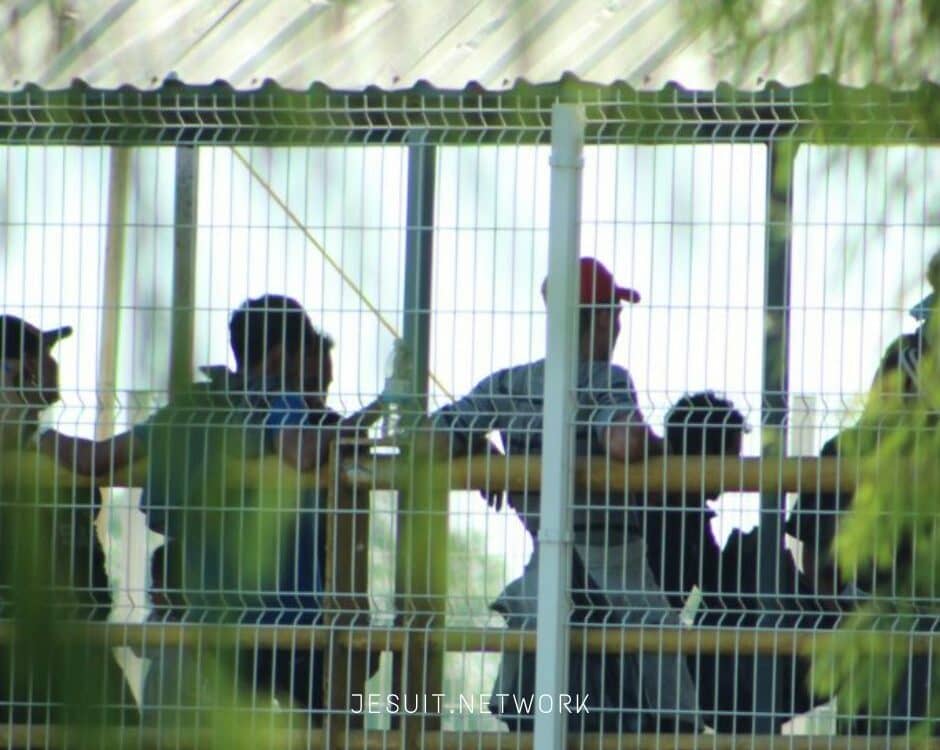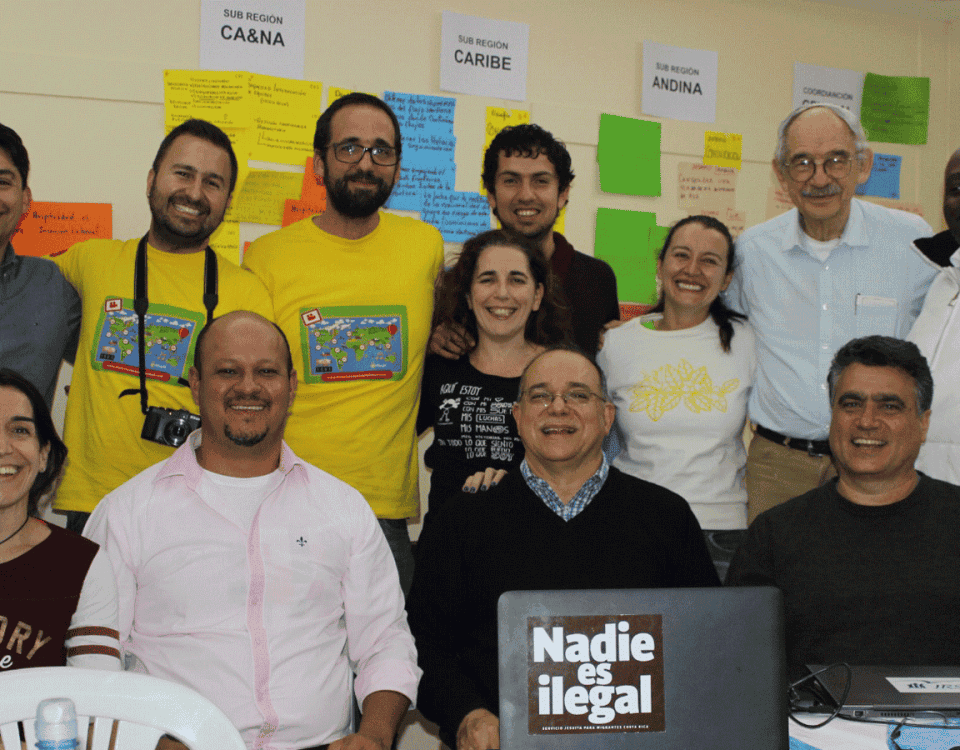This website uses cookies so that we can provide you with the best user experience possible. Cookie information is stored in your browser and performs functions such as recognising you when you return to our website and helping our team to understand which sections of the website you find most interesting and useful.
Continental Assembly of the Jesuit Network with Latin American Migrants
The Network of Jesuits with Migrants met at the Continental Assembly 2022, in Bogota, Colombia. Men and women who accompany the migratory phenomenon, reflect on the mission and how to better accompany people in mobility.
A Continental Assembly with presence from the diversity of territories, borders and sectors that make up the RJM, works specialists in migration and refuge, shelters, parishes, universities, human rights centers, media, etc., along with guests from key allies such as ALBOAN, Entreculturas, Magis Americas and Canadian Jesuit International, also present were representatives of other CPAL networks such as FLACSI, the Youth and Vocations Network or Fe y Alegría.
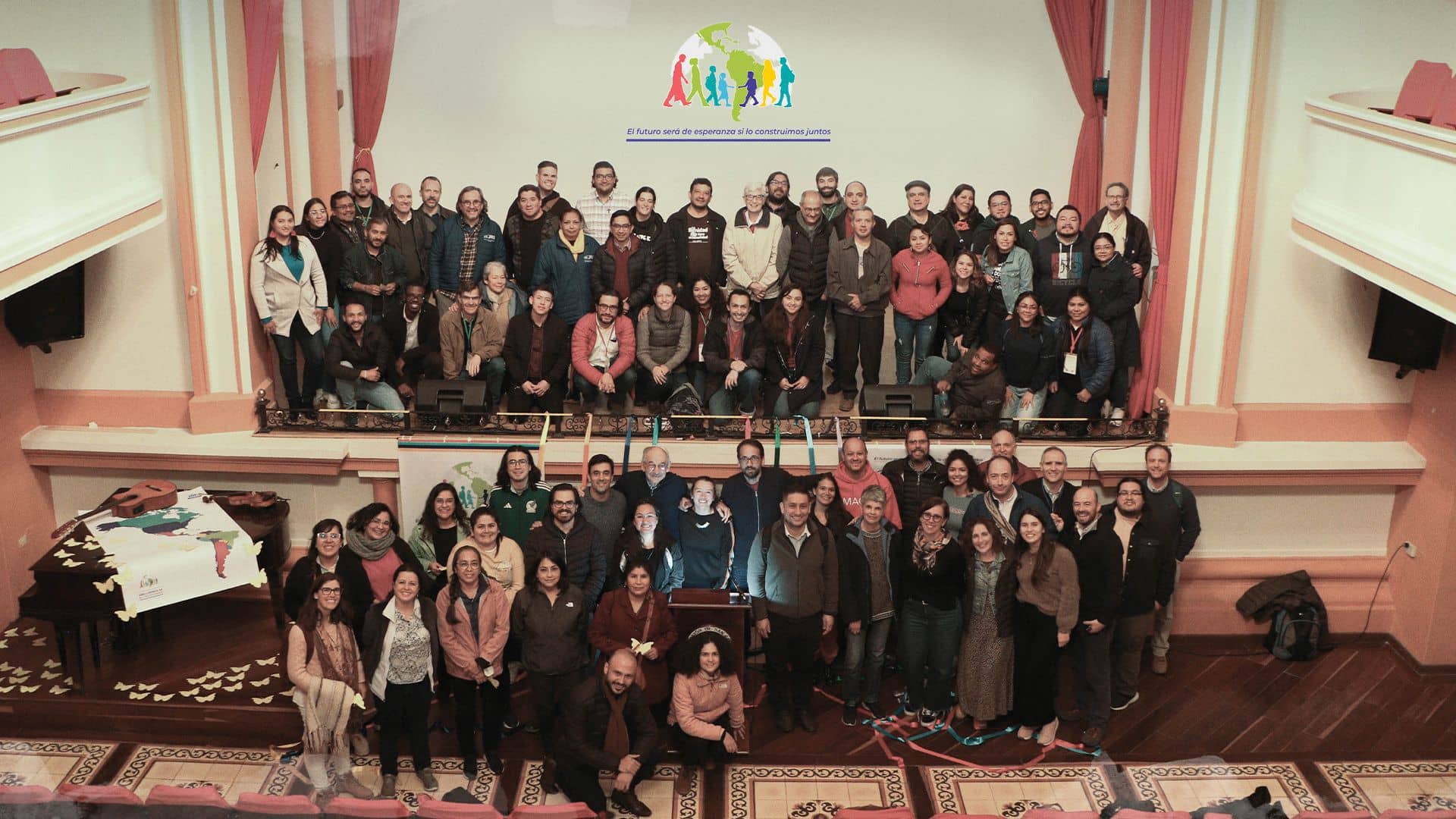
The presence of representatives of the government teams of three of the CPAL provinces and, of course, the presence of the two teams of the two Conferences of Provincials in America was key. At the end of the Assembly, the JRS International and the GIAN of Migration were also present.
Different realities converge in the Americas; there are countries from which people are fleeing and others that face difficulties in receiving them. The Network is considering mechanisms to optimize resources and expand the capacity to act on all borders.
They leave because of hunger, fear, water shortages, devastated forests, they leave because they work and, at the end of the month, their salary is not enough. They are people, with faces, with stories, with a past and almost always without a future. They are called migrants, travelers, displaced persons, refugees, but they are, above all, citizens in a situation of vulnerability, but with rights. Citizenship is not lost.
By 2020, according to United Nations figures, almost 272 million people will be living in a different place from where they were born. People have the right to move their homes, especially when they live in precarious conditions.
Who migrates?
Migrants are not exclusive to any one country, but majority flows can be identified that travel thousands of kilometers in the hope of finding a place of refuge where they can live in dignity.
Venezuela is the case with the greatest impact in recent years; people leave by land to the Andean route through Colombia and reach Argentina. They also walk through Central America, across the Colombia-Panama border, to try to reach the United States.
But Venezuelans also leave for Brazil and Guyana, through the rivers and roads of the Guiana massif. They embark to the sea on their way to Trinidad and Tobago and other Caribbean islands. The reasons are multiple, but the economic precariousness and political persecution stand out.
In the process of identifying migrant flows, Haitian nationals stand out, who try to reach the United States through the Darien Jungle corridor. Poverty and violence also drive them out of their country.
Cubans, Colombians and citizens of several African countries venture through this Panama route.
Migrant Center
For many years, gang violence has been threatening the lives of Central American families, and the lack of opportunities has forced them to go to Mexico or the United States.
In recent years, the nations of the center play a dual role, migrating and receiving migrants. Civil society and Church organizations face a complex challenge. To be and to accompany in order to alleviate the pain of those who have left everything behind and face xenophobia and political intolerance resulting from aporophobia: fear of the poor, especially poor migrants.
Hospitality and love for others
The key to accompanying migrants is not to lose sight of the fact that they are people. To practice hospitality from what we have, offering food, clothing and hope. As in the Gospel itself.
Migrants, refugees, displaced persons, expelled persons will follow their paths for whatever reasons, the Jesuit Migrant Network is prepared to accompany and build bridges with States and other organizations to demand the fulfillment of international covenants that guarantee human dignity.
The Continental Assembly revives the passion and commitment to serve, to exercise the magis, as long as necessary.
The assembly issued a final document that can be read here in Spanish: and here in English. Access to all information at https://www.redjesuitaconmigranteslac.org/asamblea-continental-2022

